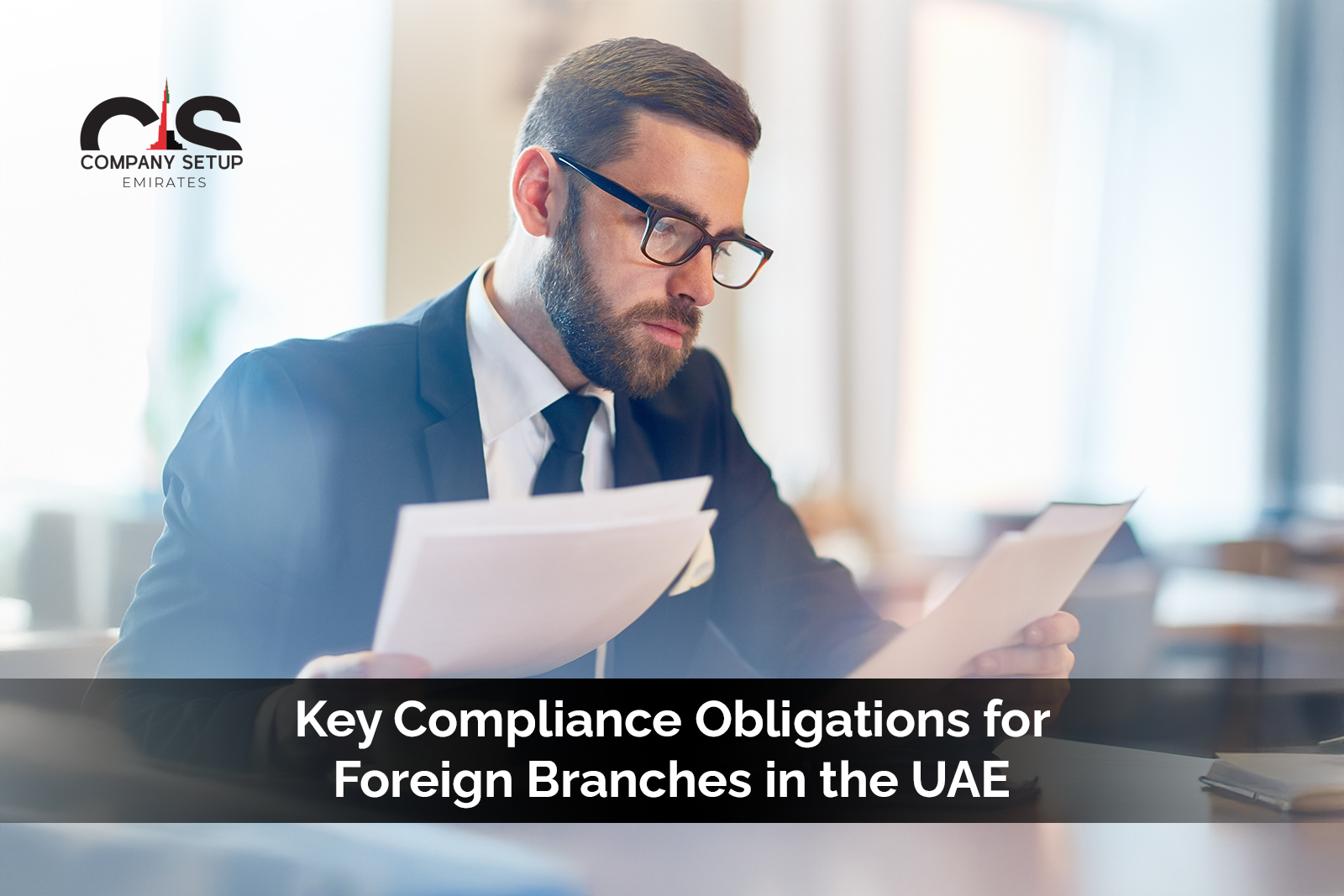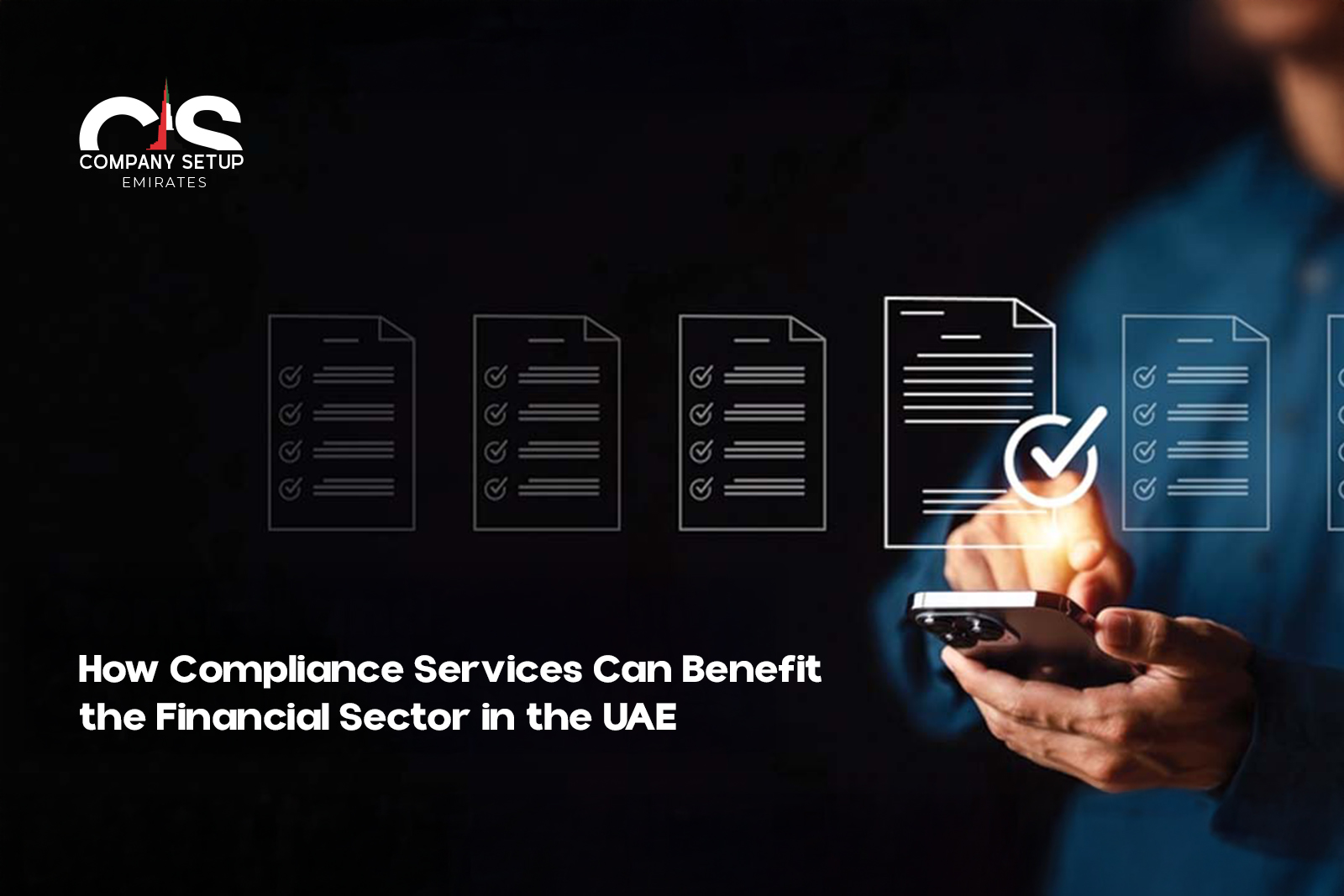Starting a business in Dubai requires a clear understanding of the Key Business Laws in Dubai to ensure compliance and smooth operations. Dubai offers a business-friendly environment, but entrepreneurs must adhere to legal frameworks to avoid potential pitfalls.

Understanding the Key Business Laws in Dubai
Dubai has a well-defined legal structure that supports businesses while ensuring transparency and accountability. Here are some essential laws every entrepreneur should know:
- 1. Business Licensing and Registration
Before starting operations, every business must obtain the appropriate license from the Department of Economic Development (DED) or a relevant free zone authority. The three main types of licenses include:
- Commercial License: Required for businesses engaged in trading and commercial activities.
- Industrial License: Issued for manufacturing and production-related businesses.
- Professional License: Necessary for service-based businesses such as consultancy and freelancing.
Entrepreneurs must choose the right license based on their business activities and ensure they comply with renewal requirements.
- 2. Company Ownership Regulations
Dubai allows 100% foreign ownership in free zones, whereas businesses operating in the mainland may require a local sponsor who owns 51% of the company.
- 3. Business Regulations in Dubai for Employment
Hiring employees involves compliance with Business Regulations in Dubai, including employment contracts, minimum wage laws, and work permits. The UAE Employment Law governs working conditions, benefits, and termination procedures. Employers must:
- Provide legally binding employment contracts to workers.
- Ensure fair wages, working hours, and leave entitlements.
- Offer end-of-service benefits and gratuity payments as per UAE law.
- Obtain work permits for expatriate employees.
Adhering to these regulations helps businesses maintain a positive work environment and avoid legal issues.
- Taxation Laws
Dubai has a tax-friendly environment, with no personal income tax. However, businesses must comply with:
- Value Added Tax (VAT): A 5% tax applicable to most goods and services.
- Corporate Tax: Applicable to specific industries and large businesses exceeding a certain revenue threshold.
Understanding tax regulations helps businesses avoid penalties and maintain financial transparency.
- 5. Intellectual Property Rights
Dubai enforces strict academic property laws to protect trademarks, patents, and copyrights. Businesses should register their trademarks to safeguard their brand identity. The UAE Ministry of Economy oversees these registrations, ensuring that businesses retain exclusive rights over their products, designs, and branding elements.
- 6. Business Regulations in Dubai for Financial Compliance
Financial transparency is essential. Companies must adhere to:
- Anti-Money Laundering (AML) Regulations: Preventing financial crimes and ensuring legal financial transactions.
- Bookkeeping and Financial Reporting: Maintaining accurate financial records and submitting annual reports.
- Annual Audits: Mandatory for certain business structures to verify financial credibility.
Following these regulations enhances a company’s financial reputation and helps in securing investments.
- 7. Contractual Agreements
All business contracts, including partnerships and supplier agreements, should be legally documented and signed to avoid disputes. Dubai’s contract law ensures enforceability in case of disagreements. Entrepreneurs must:
- Draft clear and legally binding contracts.
- Include key terms such as payment schedules, delivery timelines, and dispute resolution methods.
- Seek legal assistance to validate contract terms before signing.
- 8. Business Regulations in Dubai for Consumer Protection
The UAE Consumer Protection Law mandates businesses to provide clear pricing, warranties, and fair-trade practices to protect consumer rights. Businesses must:
- Ensure product quality and transparency in pricing.
- Offer proper after-sales services and warranties.
- Comply with advertising regulations to avoid misleading consumers.
Following these regulations helps businesses build trust and credibility among customers.
Pro Tips for Entrepreneurs
- Choose the right business structure (LLC, sole ownership, free zone company, etc.) to suit your needs.
- Consult with legal experts to navigate Key Business Laws in Dubai effectively.
- Keep business finances transparent and comply with tax regulations.
- Register trademarks and patents early to avoid legal conflicts.
- Understand employment laws to manage your workforce efficiently.
FAQs
What are the Key Business Laws in Dubai for new entrepreneurs?
New entrepreneurs must comply with company registration, licensing, taxation, employment regulations, and financial compliance laws to operate legally in Dubai. Understanding ownership rules and consumer protection laws is essential. Businesses must also ensure transparency in contracts, tax filings, and workforce management. Consulting a legal expert can help entrepreneurs stay compliant. Properly following these laws ensures smooth operations and long-term success.
Do I need a local sponsor to start a business in Dubai?
For mainland businesses, a local sponsor is usually required, holding 51% ownership. However, recent changes allow 100% foreign ownership in specific industries. Free zones offer full foreign ownership without needing a local partner. It’s crucial to research business sectors eligible for complete ownership. Entrepreneurs should choose the best structure based on their business goals.
Is Dubai’s tax policy beneficial for businesses?
Yes, Dubai offers a tax-friendly environment, making it attractive for businesses. There is no personal income tax, and the VAT rate is only 5%. Corporate tax applies to select industries, but free zones provide tax incentives. This helps businesses maximize profits while ensuring legal compliance. Proper tax planning can further reduce costs.
What is the role of free zones in business setup?
Free zones provide businesses with numerous advantages, including 100% foreign ownership, tax exemptions, and simplified setup procedures. They cater to specific industries such as technology, media, and logistics. Companies within free zones are also exempt from customs duties. Choosing the right free zone depends on the nature of the business and its expansion plans.
How can I protect my business’s intellectual property in Dubai?
To protect academic property, businesses must register trademarks, patents, and copyrights with the UAE Ministry of Economy. This ensures legal protection against infringement and unauthorized use. Strong IP protection helps maintain brand value and market advantage. Business owners should regularly monitor and enforce their rights. Legal assistance can help navigate complex IP laws.
Conclusion
Understanding the Key Business Laws in Dubai is essential for any entrepreneur looking to establish a successful venture. Compliance with business regulations ensures smooth operations and long-term sustainability in Dubai’s dynamic market. By following the right legal procedures, new business owners can thrive in this globally recognized business hub.






